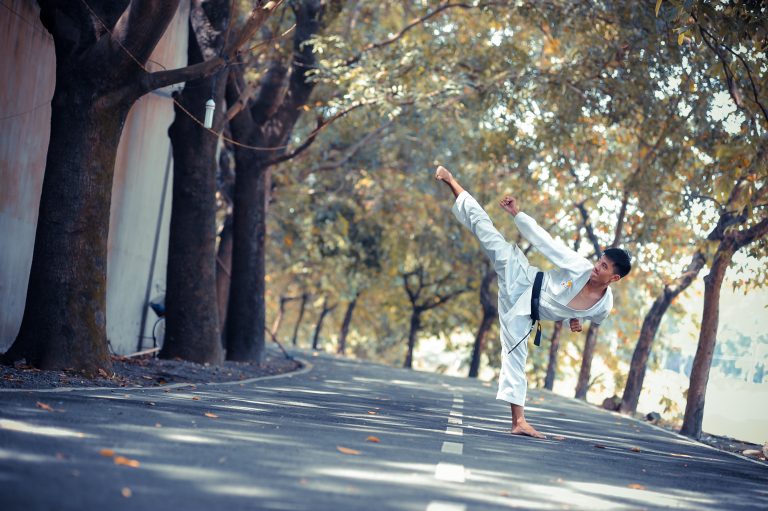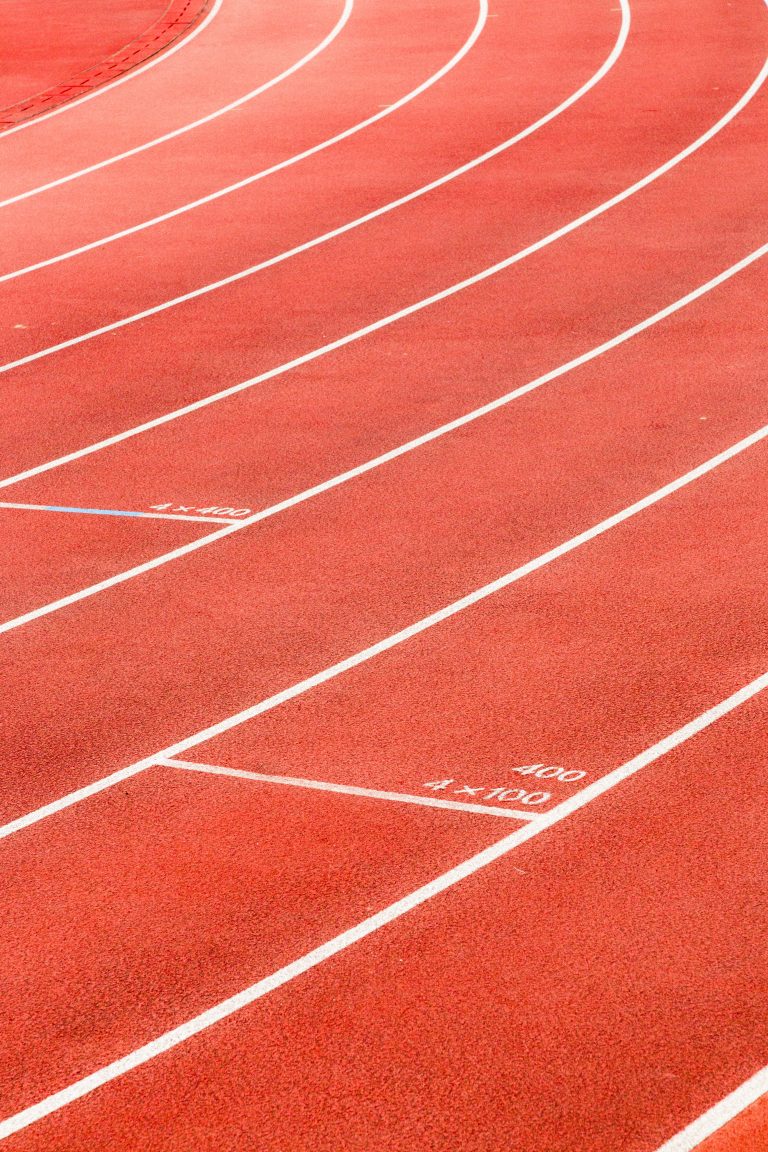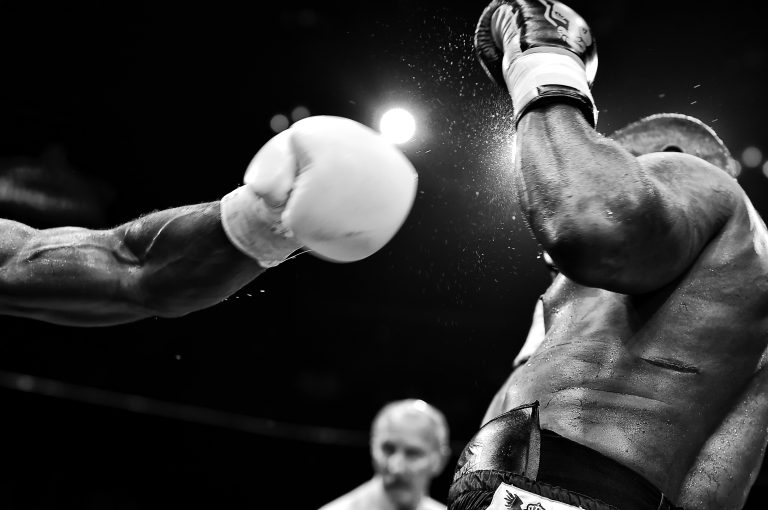Karate Training Tips for Older People
As we age, exercise and physical activity become increasingly important. Engaging in regular exercise not only helps to maintain our physical health but also enhances our cognitive abilities and overall quality of life. Karate is a form of martial arts that can benefit individuals of all ages, including older adults. Here are some tips and tricks for older people interested in starting or continuing karate training.
Start Slowly
If you are new to karate, it is essential to start slowly and gradually increase the intensity of your training. It is recommended to begin with basic fundamentals such as proper breathing techniques, stances, and blocking moves. As you gain more strength and endurance, you can advance to more complex techniques and advanced moves.
Stretching and Warm-up
Before starting a karate training session, it is essential to do some stretching and warm-up exercises. This prepares your body for the physical demands of training and reduces the risk of injury. Some good warm-up exercises include jogging, jumping jacks, and light cardio exercises.
Focus on Technique rather than Power
Karate is a skill-based sport that emphasizes technique over brute strength. Older people should focus on refining their technique rather than trying to overpower their younger counterparts. Concentrate on proper form, body positioning, and timing. This approach will help you achieve the maximum benefits from your training and avoid injuries.
Take Adequate Rest
Rest is an essential part of karate training, especially for older people. As you age, your body needs more time to recover from strenuous training sessions. Take adequate rest between training sessions and listen to your body. If you feel excessively tired or fatigued, take a break and allow your body to recover.
Modify Techniques if needed
As an older person, you may have some physical limitations that make it challenging to perform some of the karate techniques. If you have any health issues or physical limitations, it is essential to communicate them to your instructor. They will be able to modify the techniques to suit your individual needs and abilities.
Set Realistic Goals
Setting realistic goals is an essential aspect of karate training for older people. You may not be able to achieve the same level of performance as younger practitioners, so it is essential to set goals that are achievable and realistic. Celebrate your achievements, no matter how small, and don’t compare yourself to others. Remember, your only competition is yourself.
In conclusion, karate training is an excellent way for older people to stay active, improve their physical and mental health, and gain self-confidence. By following these tips and tricks, you can take full advantage of this discipline and add years to your life. Remember to take it slow, concentrate on proper technique, and set realistic goals. With patience and practice, you’ll be able to enjoy the many benefits of karate for years to come.
Karate Training Tips for Older People: Frequently Asked Questions
A lot of people think of karate as a martial art that is best suited for young people with active and flexible bodies. However, karate is not only for the youth. It can also be a suitable form of exercise and self-defense for older individuals. If you are an older person who is looking to learn karate, you might have a lot of questions in your mind. In this blog post, we will address some of the most frequently asked questions about karate training tips for older people.
1. Is karate suitable for older people?
Yes, karate can be a suitable form of exercise and self-defense for older individuals. It is a low-impact activity that can improve cardiovascular health, flexibility, balance, and strength. Moreover, karate can also boost cognitive function, reduce stress levels, and increase self-confidence.
2. What are the benefits of karate for older people?
There are several benefits of karate for older people, including:
- Improved balance: Karate involves a lot of movements that require balance and coordination, which can help older people prevent falls and injuries.
- Increased flexibility: Karate involves a lot of stretching exercises that can improve range of motion and joint mobility.
- Enhanced cardiovascular health: Karate can help older people improve their aerobic fitness, lower blood pressure, and reduce the risk of heart disease.
- Reduced stress levels: Karate can help older people reduce stress levels and improve their overall well-being.
- Increased self-confidence: Karate can help older people develop a sense of empowerment and confidence in their ability to defend themselves.
3. What should older people consider before starting karate?
Before starting karate, older people should consider the following:
- Medical clearance: Older people should consult their doctor before starting any exercise program, including karate.
- Physical limitations: Older people should be aware of their physical limitations and choose a karate program that is suitable for their level of fitness and mobility.
- Safety precautions: Older people should make sure that the karate program they choose is safe and supervised by qualified instructors.
- Personal goals: Older people should have clear personal goals for learning karate, whether it is for self-defense, fitness, or social interaction.
4. What are some karate training tips for older people?
Here are some karate training tips for older people:
- Start slow: Older people should start slow and gradually increase the intensity of their karate training as their fitness level improves.
- Focus on technique: Older people should focus on perfecting their karate technique rather than competing with younger and more athletic students.
- Maintain proper posture: Older people should maintain proper posture during karate practice to prevent strain or injury to their back or joints.
- Stay hydrated: Older people should drink plenty of water before, during, and after karate practice to prevent dehydration.
- Listen to your body: Older people should listen to their body and rest when they feel fatigued or experience pain.
5. What are some common mistakes to avoid during karate training?
Some common mistakes to avoid during karate training include:
- Copying advanced students: Older people should not try to copy advanced students who have more experience and flexibility. They should focus on their own level of fitness and ability.
- Pushing beyond their limits: Older people should not push beyond their physical limitations, which can result in injury or strain.
- Skipping warm-up and cool-down exercises: Older people should not skip warm-up and cool-down exercises, which are essential for preventing injury and promoting recovery.
- Ignoring pain or discomfort: Older people should not ignore pain or discomfort during karate practice, which can be a sign of injury or overexertion.
- Forgetting to breathe: Older people should not forget to breathe during karate practice, which can reduce oxygen supply to the muscles and cause fatigue.
Conclusion
Karate can be an excellent form of exercise and self-defense for older people, provided that they take the necessary precautions and follow the appropriate training tips. By starting slow, focusing on technique, maintaining proper posture, staying hydrated, and listening to their body, older people can enjoy the benefits of karate without putting their health at risk. If you are an older person who is interested in learning karate, consult your doctor and choose a program that is safe and suitable for your level of fitness and mobility.
Inhaltsverzeichnis





